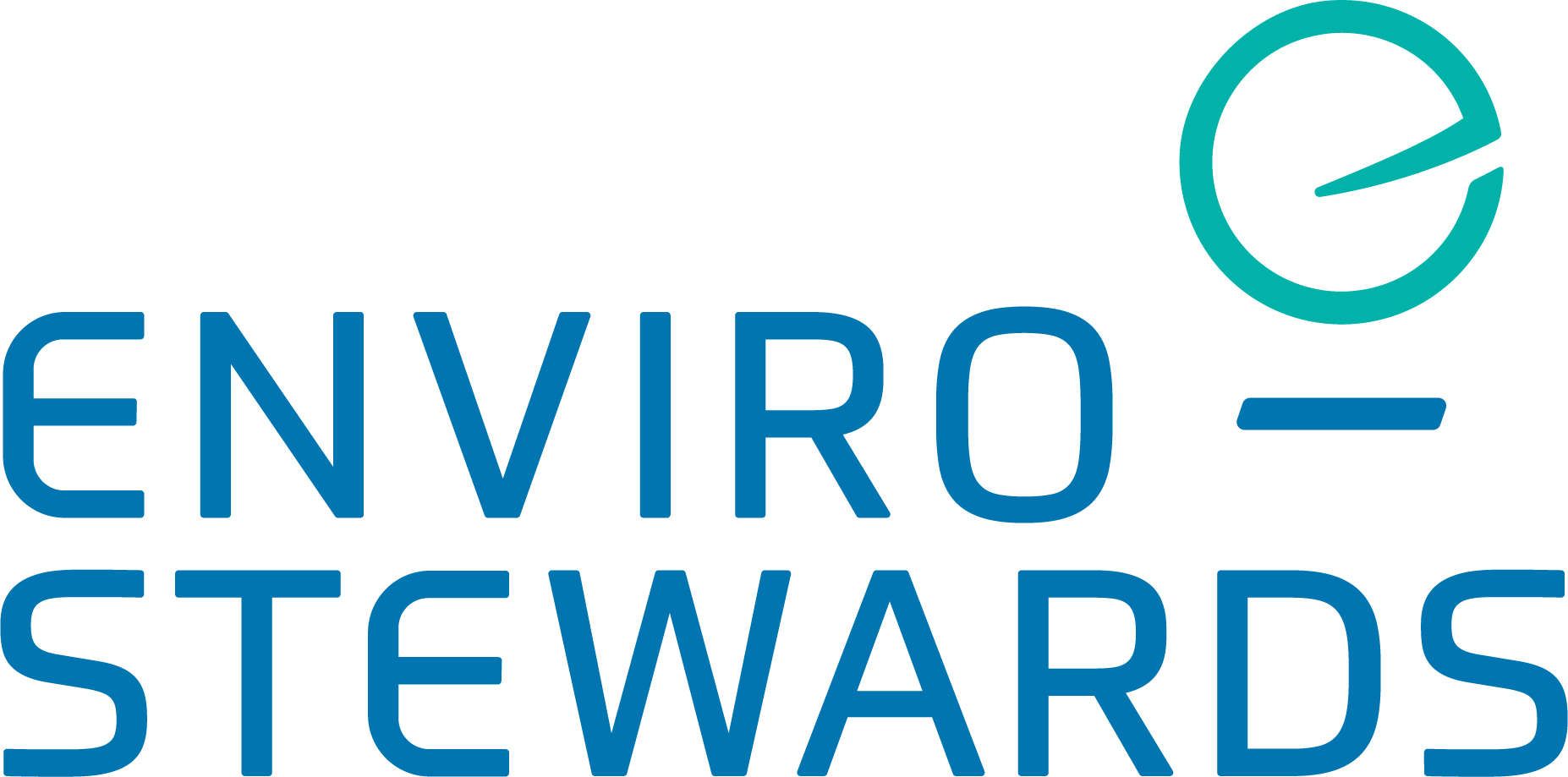

Enviro-Stewards

Ontario, Canada
September 2011
Environmental consulting
Service with Minor Environmental Footprint
Canada
Enviro-Stewards is an engineering consulting firm whose mission is to cultivate resilient businesses and improve lives in extraordinary ways. They are committed to assisting corporations to significantly reduce their environmental impact, with a focus on comprehensive decarbonization strategies. For example, Enviro-Stewards helped Maple Leaf Foods become the world’s first carbon neutral major food company (in 2019), with savings totalling over $17 millions to date. Enviro-Stewards helps businesses profitably achieve their ESG goals and become leaders in environmental stewardship. Enviro-Stewards accomplishes this by identifying and implementing practical, economically viable measures to conserve water & energy, reduce food loss and solid waste, treat water & wastewater, develop decarbonization pathways, and credibly replacing the remaining balances (for net zero/carbon neutral endpoints). Enviro-Stewards also founded Safe Water Social Ventures. A portion of Enviro-Stewards’ time and resources are used to help train and equip local groups to sustainably provide safe water in developing countries. This can also provide a compelling option for clients desiring to address their residual footprints by avoiding deforestation to boil water while creating multiple other SDG co-bene
Overall B Impact Score
Governance 23.4
Governance evaluates a company's overall mission, engagement around its social/environmental impact, ethics, and transparency. This section also evaluates the ability of a company to protect their mission and formally consider stakeholders in decision making through their corporate structure (e.g. benefit corporation) or corporate governing documents.
What is this? A company with an Impact Business Model is intentionally designed to create a specific positive outcome for one of its stakeholders - such as workers, community, environment, or customers.
Workers 45.6
Workers evaluates a company’s contributions to its employees’ financial security, health & safety, wellness, career development, and engagement & satisfaction. In addition, this section recognizes business models designed to benefit workers, such as companies that are at least 40% owned by non-executive employees and those that have workforce development programs to support individuals with barriers to employment.
Community 58.2
Community evaluates a company’s engagement with and impact on the communities in which it operates, hires from, and sources from. Topics include diversity, equity & inclusion, economic impact, civic engagement, charitable giving, and supply chain management. In addition, this section recognizes business models that are designed to address specific community-oriented problems, such as poverty alleviation through fair trade sourcing or distribution via microenterprises, producer cooperative models, locally focused economic development, and formal charitable giving commitments.
What is this? A company with an Impact Business Model is intentionally designed to create a specific positive outcome for one of its stakeholders - such as workers, community, environment, or customers.
Environment 42.7
Environment evaluates a company’s overall environmental management practices as well as its impact on the air, climate, water, land, and biodiversity. This includes the direct impact of a company’s operations and, when applicable its supply chain and distribution channels. This section also recognizes companies with environmentally innovative production processes and those that sell products or services that have a positive environmental impact. Some examples might include products and services that create renewable energy, reduce consumption or waste, conserve land or wildlife, provide less toxic alternatives to the market, or educate people about environmental problems.
What is this? A company with an Impact Business Model is intentionally designed to create a specific positive outcome for one of its stakeholders - such as workers, community, environment, or customers.
Customers 4.0
Customers evaluates a company’s stewardship of its customers through the quality of its products and services, ethical marketing, data privacy and security, and feedback channels. In addition, this section recognizes products or services that are designed to address a particular social problem for or through its customers, such as health or educational products, arts & media products, serving underserved customers/clients, and services that improve the social impact of other businesses or organizations.